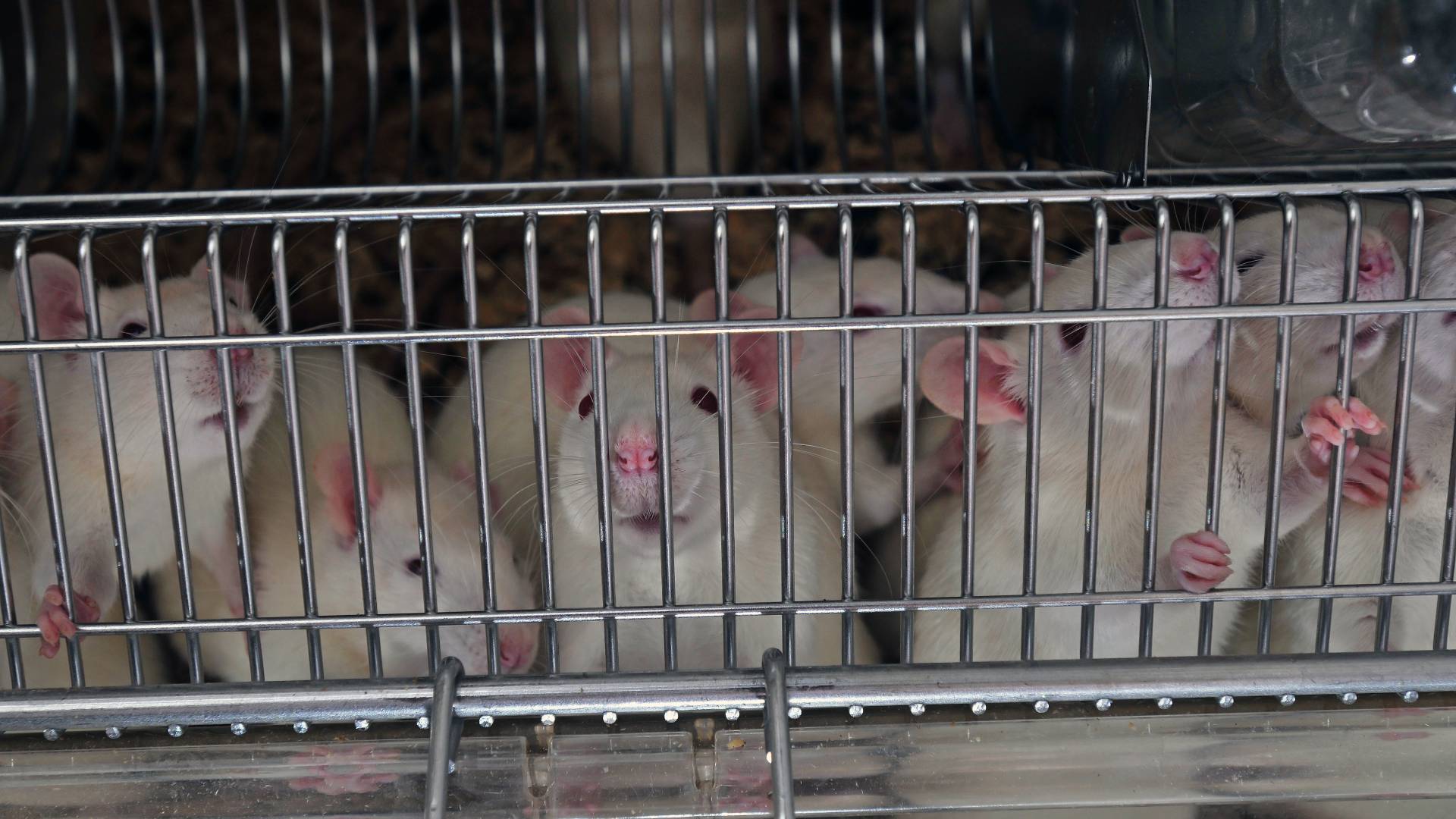New Analysis Supports Waiving Carcinogenicity Studies for Drugs; Reducing and Replacing Animal Use When Conducted

Study in a Sentence: By analyzing publicly-available FDA reviews of recent new drug applications, researchers from the Physicians Committee confirmed that long-term carcinogenicity studies can often be waived based on what is already known about drugs without compromising patient safety; when they are conducted, implementing international recommendations on short-term and exposure studies, as well as controls, would further reduce animal use.
Healthy for Humans: Previously, international guidelines required most human drugs to be evaluated for their potential to cause cancer to rats and mice. The researchers showed that microscopic changes in the organs of animals already used in other toxicity tests predicted whether cancer would later be found with 93% accuracy, supporting new guidelines on waiving carcinogenicity studies based on what is already known about the drugs. They also found that when FDA indicated concern for a drug's potential to cause cancer to humans, it was rarely based on cancer in animals—even when a drug caused cancer to animals, FDA generally based its concern on human experience, finding cancer in animals to be irrelevant. Waiving these time-consuming, irrelevant studies means that new drugs could be made available to patients sooner at lower cost.
Redefining Research: When not enough is known about whether a drug could cause cancer to humans, New Approach Methods (NAMs)—which do not require new animal studies—could investigate the molecular mechanisms underlying cancer. As more human-relevant information becomes available earlier in drug development, fewer drugs will be evaluated for their potential to cause cancer to animals in long-term studies. These reductions in animal use can only be achieved if the new international guidelines are adopted by drug sponsors. To minimize animal use, FDA must harmonize its recommendations with international guidelines and communicate them clearly to drug sponsors.








